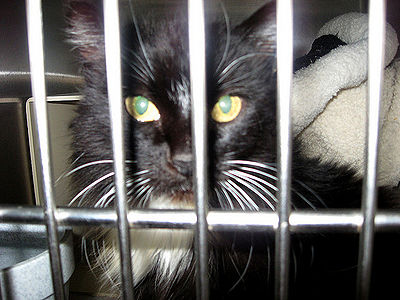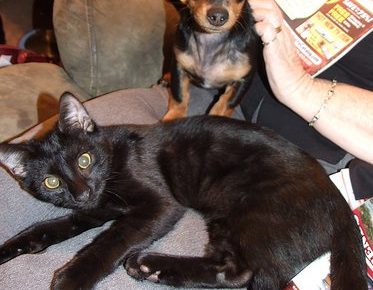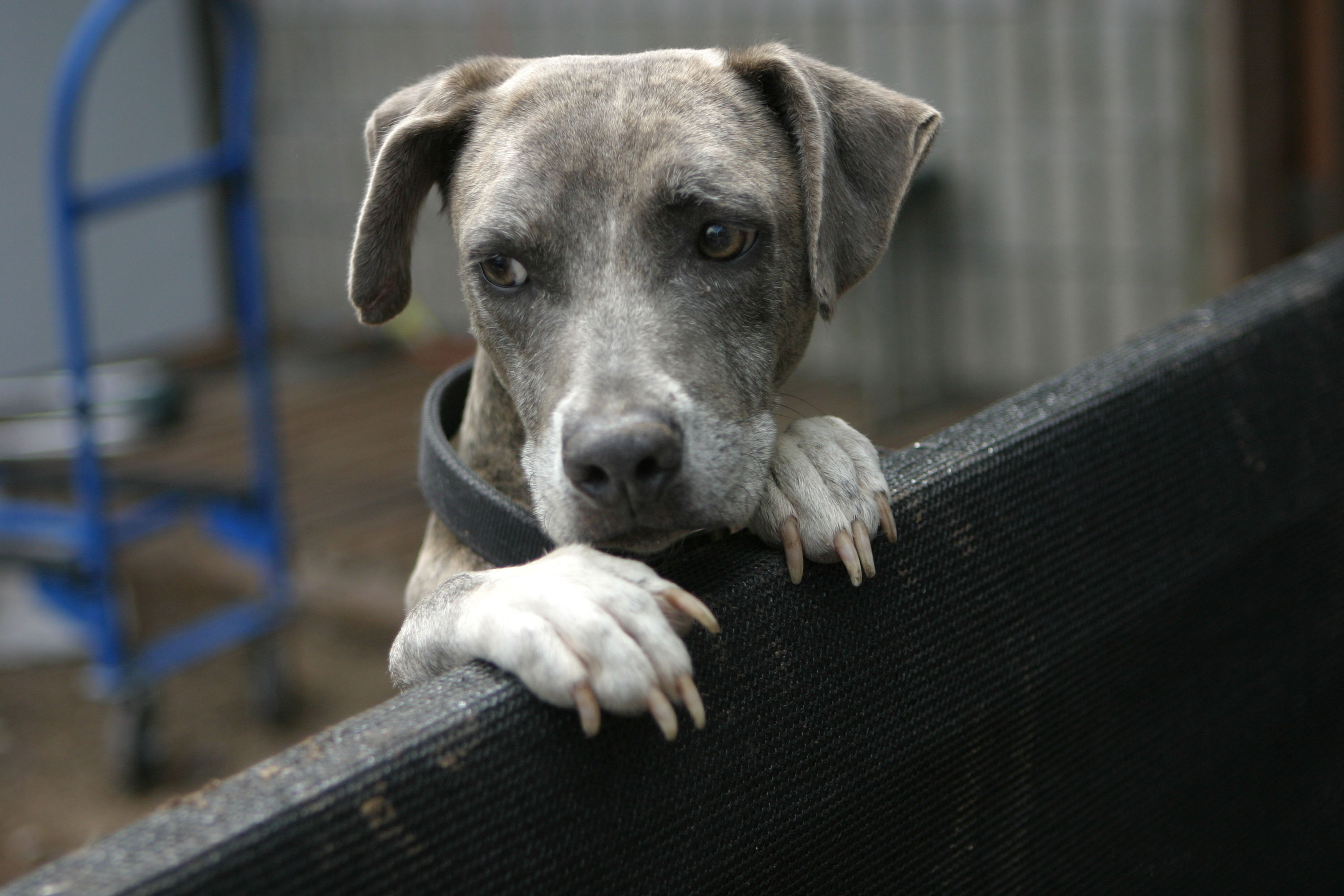Raccoons are cute to look at and it’s amusing watching their antics. But it’s important to remember that they are wild animals and that’s where they belong – in the wild.
Although baby raccoons can be purchased through exotic animal breeders who are licensed to sell them, people who want a pet should opt for animals that are domesticated. Even baby raccoons retain their wildness.
Licensed wildlife rehabilitators are trained to care for animals that are sick or injured without their becoming adapted to humans and domestic animals. Once they recover, they are released back into the wild. Those animals that cannot survive in the wild can live out their lives cared for by people who have special licenses and are qualified to care for them.
Raccoons are often referred to as the “bandits” of the animal kingdom and not only because of their facial masks. They are notorious thieves. With there finger-like front paws, locks do not deter them from getting into secured areas and behaving mischievously.
Raccoons are extremely difficult to house train. That means they will relieve themselves anywhere they like. Often they poop or pee in inappropriate places to show their displeasure.
Raccoons are very destructive. If a raccoon is allowed the freedom of the house, it’s a sure bet that everything in the house is fair game and will be destroyed.
Raccoons cannot be trusted around other pets. They are unpredictable and may injure a pet or worse.
Raccoons bite and they will bite you, other humans and pets. They also can carry zoonotic parasites and diseases, notably rabies and are a threat medically to you and your family and anyone who comes in contact with them.
Raccoons require almost constant attention and have a lifespan of 10-15 years. If they become ill, you will probably have difficulty finding a vet who will treat them. And who will you get to raccoon sit if you want to go on vacation.
You must also check the laws where you live as in some places it is illegal to keep a raccoon as a pet.
What will you do with a raccoon that you have raised and that then develops unwanted behaviors? A raccoon that has been “domesticated” may not adapt to living in the wild, so release is not the answer. Sadly, most of these creatures are euthanized when they don’t conform to our ideas of how they should behave.
There are so many domesticated pets in shelters that need homes. Please consider adopting one of them instead of an animal such as a raccoon that deserves to live in its natural habitat – the wild.



